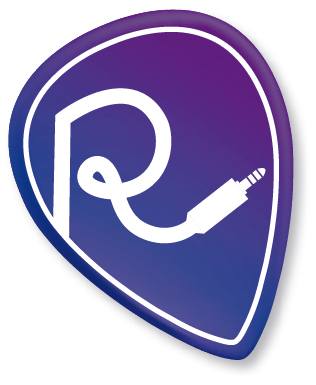Have you always dreamed of playing the guitar and creating beautiful music? Learning to play this versatile instrument can be a rewarding and fulfilling journey. Whether you’re starting from scratch or have some basic knowledge, this beginner’s guide will help you embark on your path to guitar mastery. Here are the steps to learn how to play guitar:
Choose the Right Guitar: Before diving into learning, it’s important to choose the right guitar that suits your preferences and goals. Acoustic or electric? Nylon or steel strings? Visit a music store or consult with experienced guitarists to explore different options and find a guitar that feels comfortable and inspires you to play.
Learn the Basics of Guitar: Start by familiarizing yourself with the basic components of the guitar, including the body, neck, frets, and strings. Learn how to hold the guitar properly and position your hands for playing chords and notes. Understand the names and numbers of the strings (EADGBE) and how to tune the guitar.
Start with Essential Chords: Chords are the building blocks of music and form the foundation for playing songs on the guitar. Begin by learning a few essential chords, such as G, C, D, E, and A. Practice transitioning between these chords smoothly and accurately. Online tutorials, chord charts, and instructional videos can provide guidance and visual references.
Practice Proper Technique: Developing proper technique is crucial for progress and avoiding potential injuries. Focus on maintaining good posture, relaxed wrists, and using your fingertips to press the strings against the fretboard. Practice strumming patterns, fingerpicking, and alternate picking techniques to enhance your playing skills.
Learn Music Theory: While not essential, learning some music theory can greatly benefit your guitar playing. Understand concepts like scales, keys, intervals, and chord progressions. This knowledge will help you improvise, compose your own music, and communicate effectively with other musicians.
Follow Structured Learning Resources: Utilize structured learning resources such as guitar books, online courses, or video tutorials. These resources provide step-by-step lessons and progressive exercises that cater to beginners. Follow a curriculum or lesson plan to ensure a well-rounded learning experience.
Practice Consistently: Regular practice is key to improving your guitar skills. Set aside dedicated practice time each day or week and stick to it. Even short practice sessions can yield results over time. Focus on building muscle memory, finger strength, and accuracy. Gradually increase the complexity of exercises and challenge yourself with new techniques and songs.
Learn Songs: Learning and playing songs you enjoy is an exciting part of the guitar learning process. Start with simple songs that incorporate the chords and techniques you have learned. Online tabs, chord charts, and video tutorials can guide you through the song-learning process. Practice playing along with the recordings to develop your sense of rhythm and timing.
Seek Guidance and Feedback: Consider taking lessons from a qualified guitar teacher who can provide personalized guidance, correct any technique issues, and offer feedback on your progress. Alternatively, join online guitar communities, forums, or social media groups where you can connect with fellow guitarists, share experiences, and receive feedback on your playing.
Embrace Patience and Enjoyment: Learning to play the guitar takes time, patience, and dedication. Celebrate small victories along the way and enjoy the process of making music. Don’t be discouraged by challenges or mistakes. Stay motivated by setting achievable goals, experimenting with different styles, and exploring genres that resonate with you.
Remember, learning to play guitar is a lifelong journey. Embrace the joy of playing, keep challenging yourself, and never stop exploring new techniques and musical possibilities.
Do you want to learn to play the guitar?
With Riffer Music you can book your music teacher remotely as well as in-person.

Comments